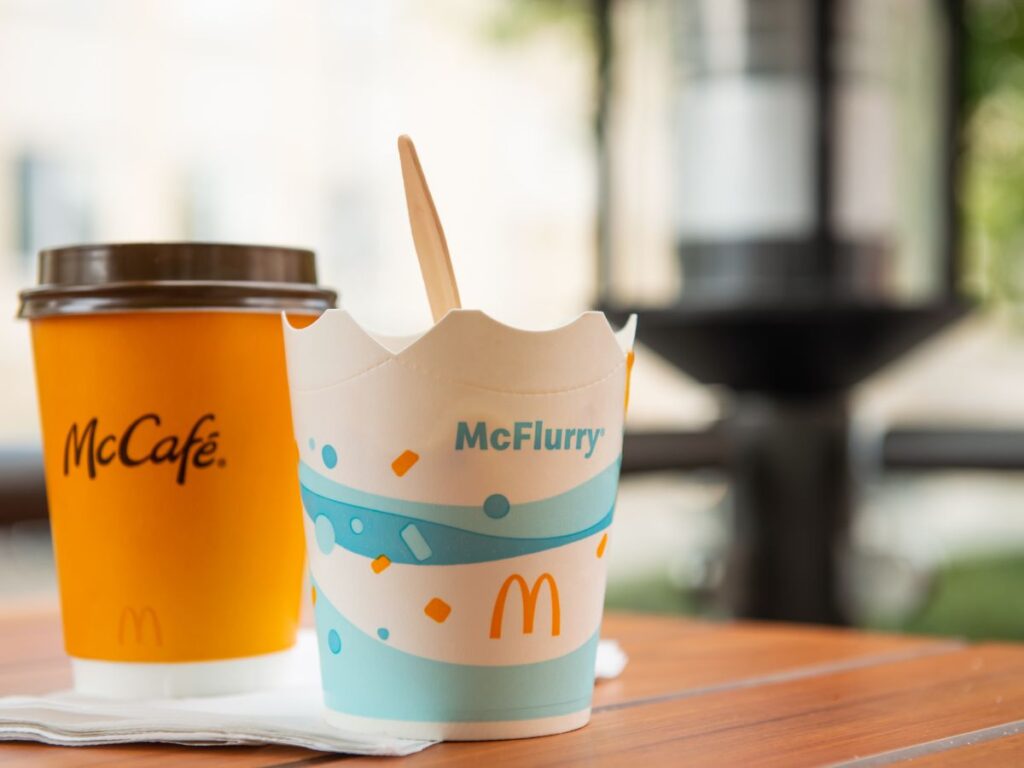
If you ever wondered why it seemed like McDonald’s McFlurry machines were always broken, there was a reason for that. McDonald’s franchise owners could not fix their machines without risking a violation of the U.S. Copyright Act. The U.S. Copyright Office, however, recently updated its regulations now providing an exemption that allows McDonald’s owners to keep their McFlurry machines up and running satisfying the demand for its ice cream treats.
Copyright owners often place digital locks on their software to prevent third parties from accessing it without authorization. The Digital Millennium Copyright Act (DMCA) prohibits third parties from circumventing these digital locks. This allows copyright owners to distribute their software to third parties for use while preventing unauthorized copying.
Digital locks, however, are problematic for companies that need to repair a machine that relies on software. In the case of McDonald’s, McFlurries are made using a machine purchased from a third party, which means that the third party, not McDonald’s, owns the software used on those machines. When a McFlurry machine breaks down, it is often necessary to access the software in order to determine what is broken. Even if it is a relatively easy repair, one would still have to access the software first to confirm the issue. Because the software is protected with a digital lock, only the copyright owner is allowed under the DMCA to access the software and evaluate what is wrong with the machine. If independent third-party repair companies circumvented the digital lock to service the machine, it would potentially violate the DMCA. As a result, McDonald’s franchise owners must wait for the software owner to fix the machine. Given the number of McDonald’s and McFlurry machines that exist, it is easy to see why repairs can be so delayed.
In recent years, public demand has grown for a “right to repair” exemption to the DMCA, allowing owners to circumvent digital locks to perform maintenance and repairs on their own machines. Fortunately, every three years, the Copyright Office solicits requests for DMCA exemptions. Effective October 28, 2024, the Copyright Office granted an exemption for retail-level commercial food preparation equipment. The new rule permits owners and by extension third-party service providers to bypass digital locks on equipment like McFlurry machines when it is necessary to repair or maintain them, as long as the circumvention is not used to access other copyrighted works within the software. For McDonald’s franchise owners, this exemption will allow them to quickly diagnosis and repair their McFlurry machines.
This exemption is a win for the “right to repair” movement. Allowing owners in the retail food preparation industry the right to repair empowers them to address equipment issues promptly, reduce downtime, and improve the customer experience. Moreover, it sets a precedent that could benefit other industries facing similar challenges. The ruling underscores the importance of balancing copyright protections with practical repair rights, ensuring business owners can maintain their own equipment without burdensome restrictions.
